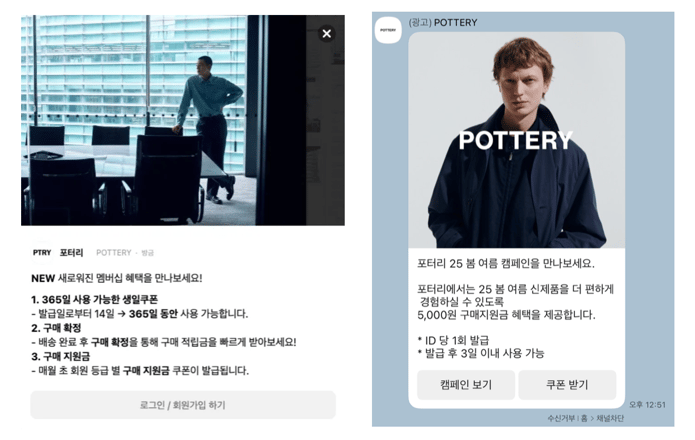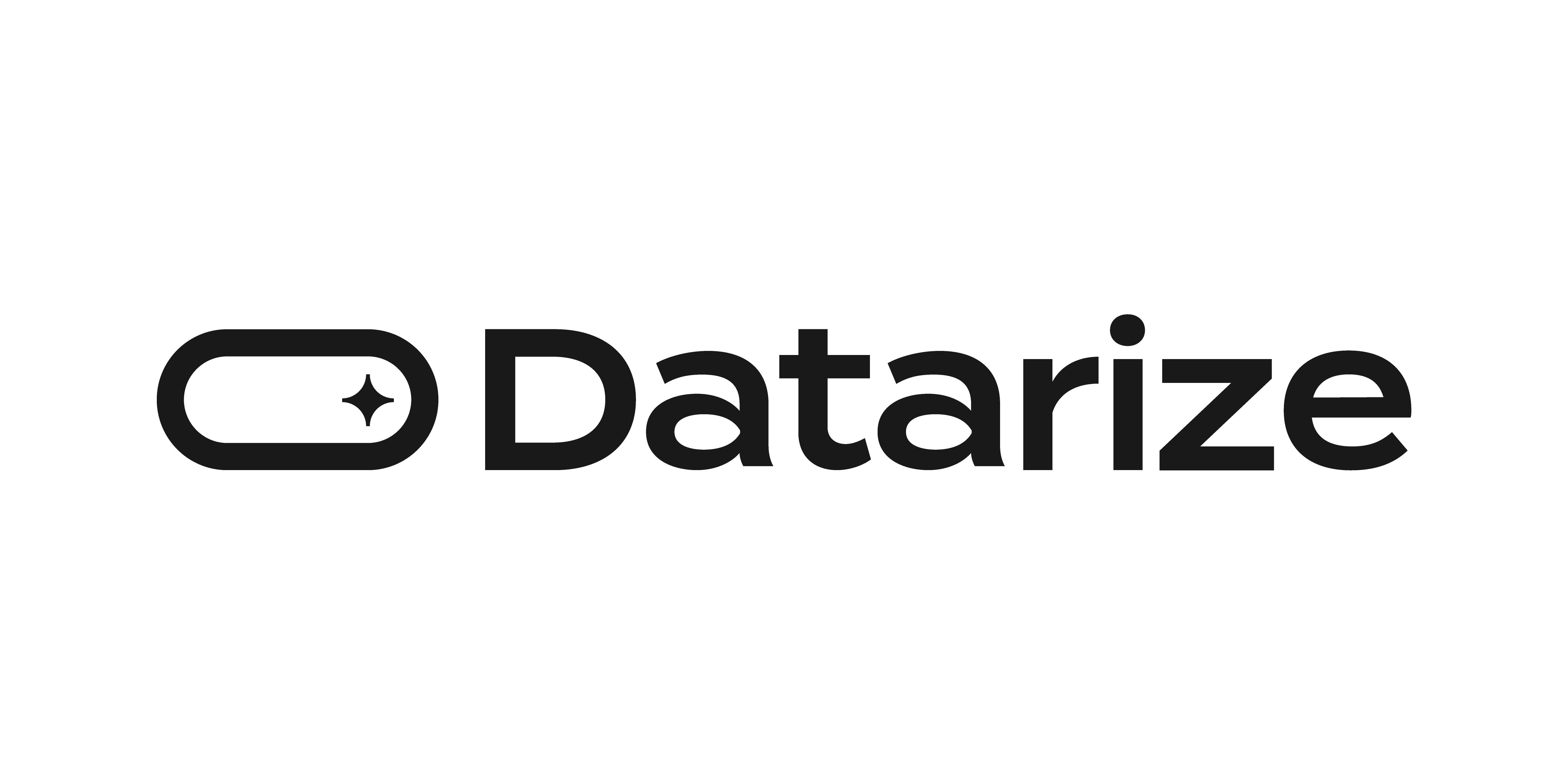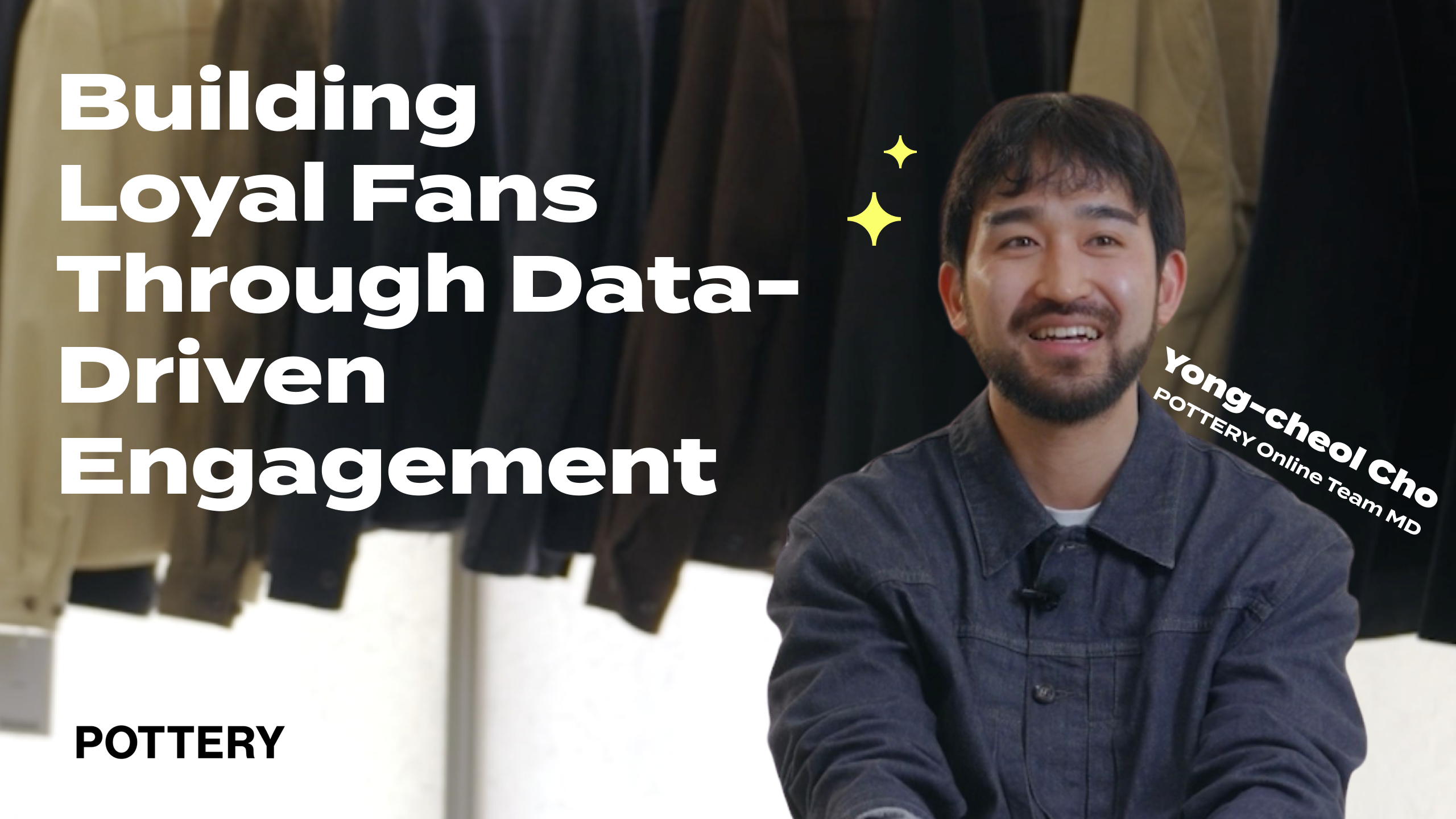Click to hear directly from Pottery! (enable CC for English subtitles)
At some point, every professional has dreamed of a ‘uniform’—like the ones we wore in school—to escape the daily question, ‘What should I wear today?’ Because let’s face it, choosing an outfit is often the trickiest part of the morning rush.
Pottery set out to tackle this very challenge by introducing the “modern uniform for professionals.” Through obsessive attention to fabric, silhouette, and comfort, the brand has reimagined business casual, offering items that flow effortlessly from work to everyday life—bringing both style and ease to busy professionals.
Pottery is an experience-based brand, meaning its products are the kind customers need to try for themselves, feeling the fabric, fit, and comfort before deciding to buy again. Despite that challenge, the brand has steadily grown its D2C sales, with more than 70% of revenue now coming from its own online store. At the heart of this growth are loyal “superfans,” many of whom spend over ₩500,000 (approx. 380 USD) after just their first purchase.
What is it that turns Pottery’s customers into true fans? And how does the brand build loyalty without leaning on discounts?
Products That Keep Customers Hooked
Q. The brand name Pottery is quite unique—what inspired it?
Pottery reflects our philosophy of refined comfort. Just as pottery is shaped with patience and care, we approach each garment with the same level of craftsmanship and attention to detail.
That mindset is clear in our product names like “Comfort Shirt” and “Comfort Denim.” We design clothes that strike the right balance of comfort, mobility, and sophistication—pieces that move seamlessly between work and everyday life, letting people express their individuality while staying comfortable all day long.
Q. Pottery’s price point is relatively high. What makes customers keep coming back anyway?
Our biggest differentiator is the fabric. We work with premium imported materials—like Japanese denim and other luxury textiles—which naturally places us at a higher price point. But customers consistently tell us, “I’ve never worn anything this comfortable or so perfectly fitting before.” We believe it’s that sense of satisfaction that keeps customers coming back.
Pottery is an experience-based brand. Our customers don’t buy on impulse—they take time to consider fabric, fit, and durability. That’s why we focus less on flashy designs and more on timeless, versatile essentials, elevated with premium materials and craftsmanship. This dedication to fabric has become our signature, giving Pottery a reputation for creating “clothes that define the era.”
Q. Pottery is known for a high repurchase rate. What’s the secret?
It all comes down to the product really. Internally, we joke that our items are “crazy good”—that’s how confident we are in the quality.
We consider anyone who spends over ₩500,000 (approx. 380 USD) after their first purchase a true fan—and many of our customers do. To hit this “north star metric,” we maintain a broad product line at consistently high quality, supported by data-driven CRM strategies that deliver timely, personalized messages designed to encourage repeat purchases.
Winning Loyalty Without Discounts: Pottery’s Playbook
Q. What’s unique about Pottery’s membership program?
Pottery runs a tiered VIP program for its most loyal customers—sVIP (₩3M+, approx. 2.3K USD), VIP (₩5M+, approx. 3.8K USD), and VVIP (₩10M+, approx. 7.7K USD). Members receive exclusive perks like complimentary new products and first access to brand events.
Rather than splashing discounts across its website, Pottery provides rewards through purchase credits and personalized coupons—delivered straight to VIPs as direct mobile messages (via KakaoTalk, Korea’s leading messaging app). It’s a strategy designed to strengthen loyalty while safeguarding brand value.
Q. Why doesn’t Pottery display discounts on its website?
We never wanted Pottery’s brand value to be associated with discounts. Prominent discount messaging on the website could damage the brand image.
That’s why we avoid large-scale sales and instead deliver benefits more selectively—through messenger notifications, personalized coupons, and tailored texts. This way, customers still receive meaningful rewards, while the brand’s value and trust remain intact.

Q. Pottery’s direct-to-consumer (D2C) store accounts for a large share of sales. Why focus so much on your own channel?
Our D2C store is the cornerstone of our customer relationships. In fact, Pottery generates more sales through its own D2C store than through external marketplaces, and our reliance on third-party platforms is relatively low.
While external platforms are effective for acquiring customers, over-reliance means those relationships remain surface-level. Marketplaces restrict direct engagement and don’t provide the meaningful data required to deepen customer loyalty.
By investing in our own store, we’ve expanded customer touchpoints and made it far easier to run personalized promotions and loyalty programs. For an experience-based brand like Pottery, D2C is essential as it gives us direct access to customer data and the ability to deliver tailored benefits. Most importantly, it lets us build deeper connections with customers in the way we want.
Driving Customer Action with Data: Pottery’s CRM Roadmap
Q. How do you put data-driven CRM marketing into practice?

(Sample 'Analytics' page)
Our day starts with checking the Datarize dashboard. We track key metrics like traffic, conversion rate, and average order value, and we monitor the status of new versus returning customers. We also analyze details such as product-level conversion against impressions and inventory levels, feeding those insights back into product strategy.
Our CRM team uses Datarize to segment customers and design tailored messages and offers for each group. For example, new sign-ups who haven’t purchased yet receive nudges to make their first order, while inactive customers get personalized coupons. This shift has made data-driven communication second nature within the team—reducing wasted effort and making operations more efficient.
Q. Can you share a specific success story with Datarize?
When we adopted Datarize, we benchmarked the CRM roadmap of Kurly—a leading Korean online grocery platform known for its sophisticated customer marketing—and built our own from there. Even though we’re a fashion brand, we wanted to learn from the best-in-class CRM practices. Using Figma, we mapped out the customer journey and broke down our messaging strategy by channel—SMS, live chat, mobile messaging apps (Kakao Talk), and more.
We designed personalized onboarding flows to drive that all-important first purchase, and timed messages to re-engage customers after a set period. This helped us sustain steady revenue, even during off-seasons.
Most importantly, we can now measure the effectiveness of brand and commerce separately. Such a data-driven approach allows us to balance both brand and commerce, set clear goals, and manage performance more precisely.
Q. What has changed the most since partnering with Datarize?
The biggest change is that checking metrics has become part of our daily routine. Meetings are now centered on numbers, which aligns the team, reduces wasted resources, and eliminates guesswork. Decisions that used to be made on gut instinct are now backed by data—helping us act with more clarity and strategy.
Pottery’s Vision for the Future
Q. What’s next for Pottery?
We want more people to experience Pottery, so we’re expanding our customer personas —creating clothes that resonate with passionate workers, dreamers, and anyone who simply wants to feel confident every day. As an experience-based brand, our focus is on building trust and satisfaction while deepening our use of data to move beyond brand messages and visuals into real, data-driven empathy and action. Ultimately, our vision is to make Pottery the go-to “modern uniform”—a brand anyone can rely on for clothing that is both comfortable and sophisticated.
Q. Any final thoughts for marketers reading this?
At Pottery, fandom is built on two pillars: unwavering belief in the product and meaningful, data-driven relationships with customers. Focus on the numbers, focus on the real value—and your brand can achieve the same.



-1.png)
.png)